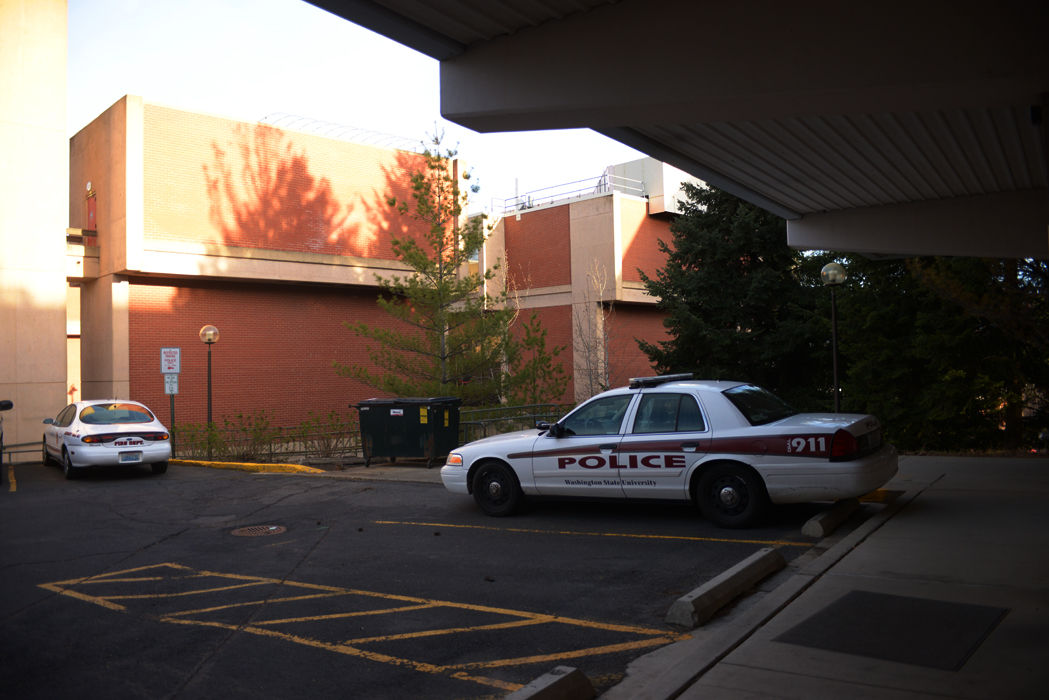Beyond reasonable doubt
April 21, 2016
{{tncms-asset app=”editorial” id=”186b1478-076f-11e6-8f3f-7f08a7109a1a”}}
Investigating a sexual assault case and convicting a rapist requires careful and consistent procedures from police and prosecutors.
Pullman Police Cmdr. Chris Tennant said the victim’s physical and mental well-being is the most important factor in these cases. One of the first steps an officer will take when responding to a sexual assault is try to get the victim to go to the hospital or WSU Health & Wellness Services.
Once at the hospital, a victim can have a forensic examination kit performed.
Tennant said another reason to go to the hospital or WSU Health & Wellness Services is because these groups have people who can connect the victim with other sources of help in the community.
“Those medical environments are the gateway to the rest of the county services that are available to victims,” Tennant said, “whether it’s alternatives to violence (ATVP) or Green Dot or whether it’s counseling services or whether it’s Palouse River Counseling.”
Tennant said before trying to start an investigation, it is important to make sure the victim’s physical and emotional health is stable. At that point, police will talk with the victim and see if they want to press charges.
WSU Police Assistant Director Steve Hansen said investigating a rape or sexual assault is a long process.
“You’re going to have to go through and do different interviews, collect evidence, develop enough probable cause to charge somebody,” Hansen said.
Hansen said a large part of how the police proceed with the case is left up to the victim.
“We’ll offer different resources to them to help them navigate through this,” Hansen said. “We’ll see if they want to do a sexual assault kit, if they want to talk to us they’re going to be interviewed, … if they even want the alleged suspect contacted or not.”
Hansen said once police have done the interviews and investigation, if they have enough probable cause, they send it to the prosecutor’s office so they can decide whether and how to charge it.
Whitman County Prosecutor Denis Tracy said there were nine sexual assault cases (including child sexual assault) sent to the Whitman County Prosecutor’s Office in 2014 and 17 cases referred in 2015. Of these, Tracy said 11 of them ended up with charges.
“Thirty-three percent of the ones that were referred to us in 2014 we charged, 47 percent of the ones in 2015 we charged,” Tracy said.
Tracy said when a sexual assault case is handed to the prosecutor’s office, they will often get in contact with the victim to get their input on whether or not they still want to proceed.
Tracy said he had a case that got to the point where the defendant wouldn’t plead guilty, but before going to trial, the alleged victim didn’t want to go farther and Tracy asked the judge to drop the case.
He said this was a very unusual case and most of the time when a case is dropped, it is due to an inability to prove the case beyond a reasonable doubt.
When it comes to sentencing someone convicted of sexual assault, Washington has a determinate system of sentencing, Tracy said. This means the person is sentenced based on the seriousness of the crime they committed and their number of prior felony convictions.




















